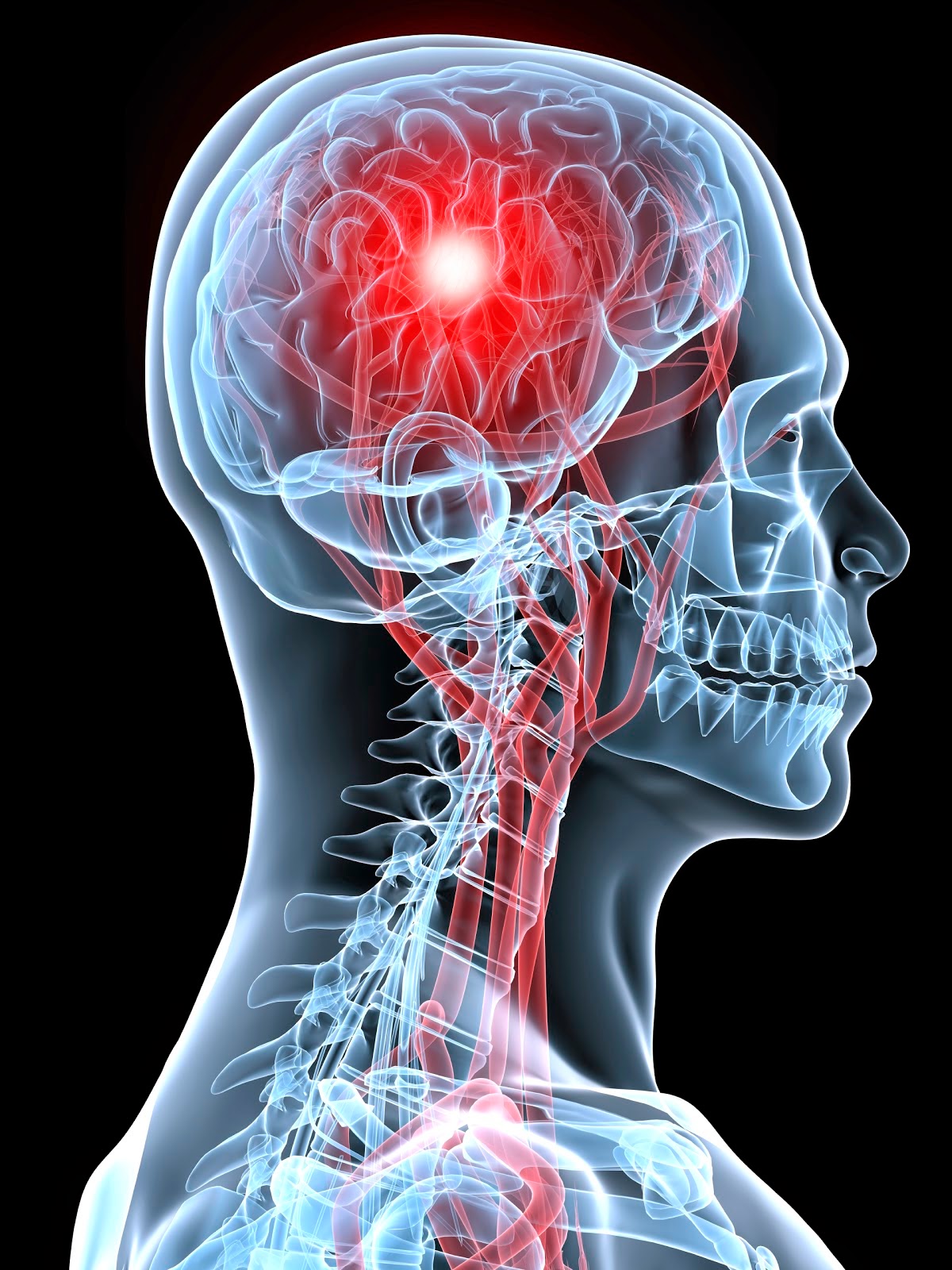Larry Ambrose was diagnosed as having a stroke a few days after he woke up one night, wandered into his kitchen and couldn't read the time on his microwave. Ambrose, like 25 percent of all stroke patients, experienced a cryptogenic ischemic stroke, meaning physicians were unable to determine a cause.
For these patients, physicians believe atrial fibrillation, the most common type of arrhythmia (abnormal heart beat), may occur without the patient's knowledge, causing the stroke. During atrial fibrillation, the heart's upper chambers, or atria, quiver rather than beat; this allows blood to stay in the chamber and potentially cause a clot. If the clot travels from the heart and reaches the brain, a stroke is imminent.
To research this connection, Northwestern Medicine® physician researchers from cardiology and neurology teamed up to conduct a four-year trial which enrolled 441 people across 55 centers. Half the patients received a small implantable cardiac monitor that continuously records the rhythm of the heart and lets the physician know over the internet when an abnormal rhythm has occurred Northwestern Memorial Hospital was the lead site in North America for the trial.
The results found that by using this device, 30 percent of people with cryptogenic stroke have atrial fibrillation detected within 3 years, which is the battery life of the device.. In those patients who received standard techniques for follow up, physicians only found atrial fibrillation in about 3 percent of these patients. Because of these results, the 30 percent were all switched to blood thinners which should protect them better from having another stroke.
The research findings were published in a June 26, 2014 article in the New England of Medicine. Because cryptogenic strokes are common, these findings could help hundreds of thousands of people every year. More than 750,000 people suffer a stroke in the United States every year and about one third of those are cryptogenic strokes.
"Having a stroke really rattles your foundations," said Richard Bernstein, MD, director of the Northwestern Medicine Stroke Program and Telestroke. "Being told by your doctor that they have no idea why you had it and that they are just guessing at the best medication to prevent another one is even worse. With this clinical trial, we eliminated that second problem -- not knowing the cause -- in about a third of those patients."
The patients monitored were part of a study called CRYSTAL AF (Study of Continuous Cardiac Monitoring to Assess Atrial Fibrillation after Cryptogenic Stroke). Bernstein, who is also a professor of neurology at Northwestern University Feinberg School of Medicine and his co-investigator Rod Passman, MD, director for the Center for Atrial Fibrillation at the Bluhm Cardiovascular Institute, are on the international steering committee for the CRYSTAL AF trial.
When atrial fibrillation is detected in a patient following stroke, anticoagulant therapy is recommended for secondary stroke prevention. While anticoagulant therapy can be successful in preventing future stroke, physicians do not use it proactively unless atrial fibrillation has been detected because of potential risk from the medication and complexity of the treatment. The continuous monitoring device captured and automatically stored any abnormal ECG activity. Passman and his team then reviewed and analyzed the remotely-transmitted data. After the participants were implanted, they are followed at one month and every six months thereafter for three years. The control group received standard of care optimal medical treatment and followed up at the same intervals.
"We found using a tiny implantable device to find atrial fibrillation is much better than the usual tests we previously used," said Passman, who is also a professor of medicine and preventive medicine at the Feinberg School of Medicine. "This is critical because finding atrial fibrillation in patients with stroke of unknown cause is important because once we find it, we put the patients on blood thinners and they are much more effective than the aspirin-like drugs they would otherwise be on."
Ambrose was identified by Bernstein as a cryptogenic stroke patient and was the first subject implanted by Passman as part of the CRYSTAL AF trial. While atrial fibrillation was not detected in Ambrose, he said simply having the device implanted and knowing that his heart rhythm was normal was a comfort.
"I knew people were monitoring me and I was helping doctors figure out a way to end the worry of having a second stroke for other patients like me," said Ambrose, a Chicago resident. "Otherwise, I would have just gone home and been very nervous it was going to happen again."


No comments:
Post a Comment